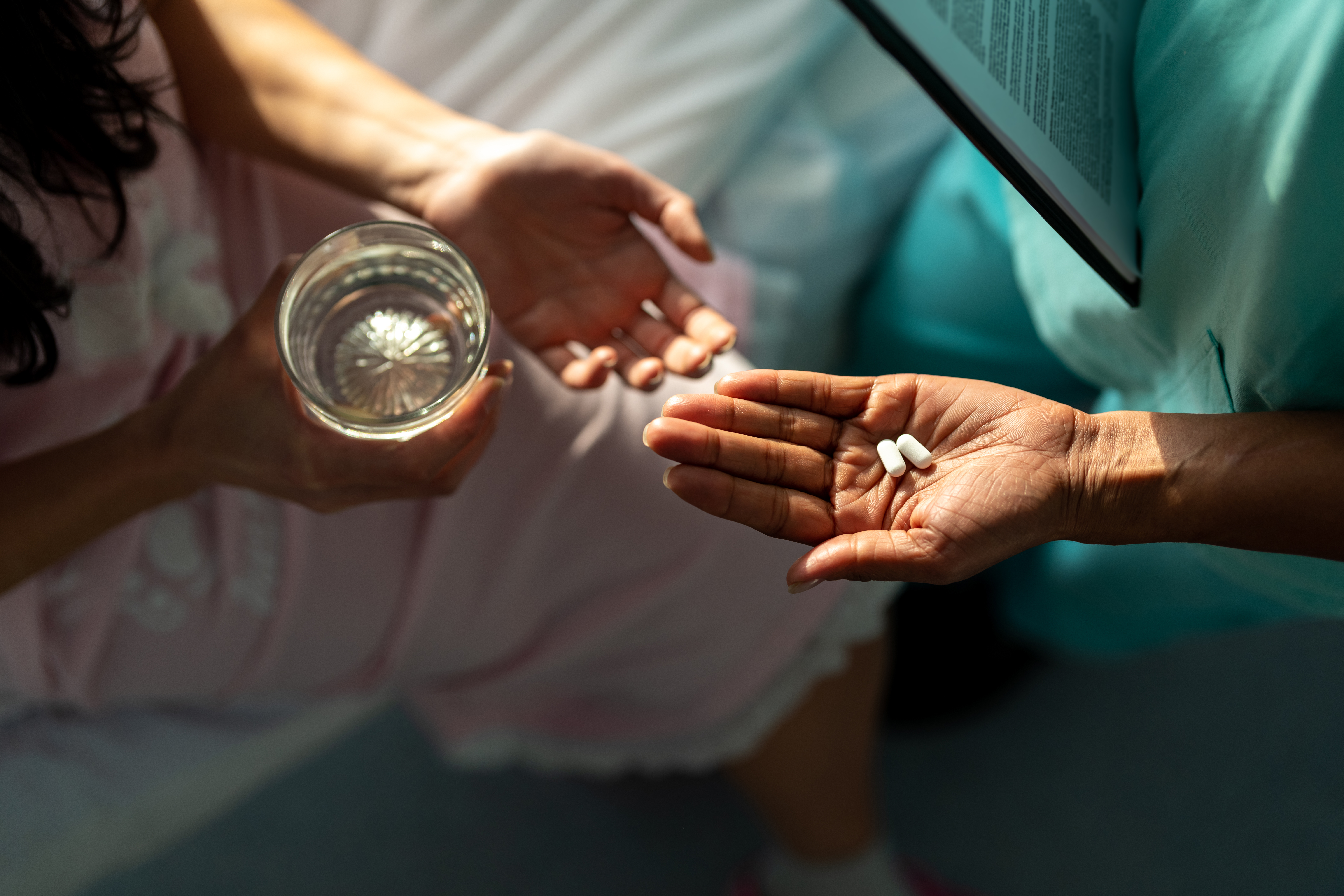
You beat cancer and that is something to celebrate and be proud of, however, life as a breast cancer survivor may pose a lot of questions about what your future will look like. Here are answers to some of the most common questions breast cancer survivors have.
Can I get pregnant?
Chemotherapy can change your body, and can possibly affect your ovaries and your chance of becoming pregnant. The best approach is to discuss your desire to have a child in the future so that your doctor can take steps to ensure that you will be able to do so.
In addition, the timing of your possible pregnancy post-treatment is important as well.
What will follow-up care after treatment look like?
After your treatment, you should speak to your doctor regarding the next steps in your care, as well as what to expect. Your doctor will be able to provide you with a survivorship plan, which will let you know how often you should have checkups, what scans or tests you need, and when to schedule those tests.
Having this plan will make you feel more confident and proactive during a time that can be full of uncertainty.
RELATED: Life as a Cancer Survivor: How to Make The ‘New Normal’ Work for You
Can I lower my risk of cancer coming back?
Surviving cancer is a major feat. Ensuring that it doesn’t return is a valid concern that survivors may have. Although no one activity or action can guarantee that cancer will not return, there are several proactive things you can do to try to minimize your risk as much as possible.
Essentially, controlling your weight or losing weight if you are overweight is a great first step. This should be done in conjunction with eating well and exercising.
Also, not smoking and reducing your alcohol intake can have a great impact on your overall health and reduces the risk of cancer returning.
Am I at risk of recurrence or second cancer?
After treatment, your primary worry may be that the cancer can come back, or you can have a secondary cancer. Being proactive, keeping a schedule of checkups and appointments, and communicating with your doctor will help you be proactive in your survivorship care.
Breast cancer survivors are susceptible to having cancer again, which is called a “recurrence” and they are also susceptible to possibly getting another type of unrelated cancer, which is called a “secondary cancer.”
The most common secondary cancer for breast cancer survivors is a cancer in the opposite breast from the breast that had cancer.
Other secondary cancer types are: salivary gland cancer; esophagus cancer; stomach cancer; colon cancer; uterine cancer; ovarian cancer; thyroid cancer; soft tissue cancer (sarcoma); melanoma of the skin; and myeloid leukemia (AML).
There are a few other factors that may increase the risk of secondary cancers. Some genetic risk factors, such as having the BRCA gene, increase the risk of having breast or ovarian cancer.
Lung cancer is also a risk for women who had a mastectomy and then had radiation therapy afterward. This can be exacerbated by smoking.
Also, the risk of sarcomas of blood vessels (angiosarcomas), bone (osteosarcomas), and other connective tissues in areas that were treated is increased with radiation therapy. Radiation therapy also carries a higher risk of leukemia and myelodysplastic syndrome.
How will treatment affect menopause?
In order to reduce the adverse effects of menopause, such as hot flashes, doctors often prescribe PHT, which consists of female hormones. However, studies have found that taking PHT can increase the likelihood of cancer recurrence in breast cancer survivors, so it is not recommended.
Patients should discuss alternative treatments with their doctor to ease the symptoms of menopause, which can include eating soy products, other medications, or acupuncture.
RELATED: The Ultimate Guide to Coping With Health Concerns After Cancer
Living a healthy life as a breast cancer survivor
Nutrition and diet, combined with a consistent exercise regimen will make you feel and look better, and will help your body recover. Try to eat a whole grain diet, plenty of fruits and vegetables and avoid excess sugar and fried or processed foods. Drink plenty of water and avoid sugary beverages.
Watch your alcohol intake, as above-average levels of alcohol consumption can increase the risk of cancer as well as a host of other health issues. You should avoid smoking, as that can also cause a myriad of health problems, from emphysema to lung cancer.
As a breast cancer survivor, you may understandably have questions and concerns about what your health will look like moving forward. However, by making appropriate lifestyle changes and regularly communicating with your care team, you can live a long and fruitful life.
Tune in to our Facebook Live Tuesdays at 7 pm.
For tips on lifestyle, clinical trials, and questions to ask your health care, download Tigerlily Foundation’s Eliminating Medical Barriers For Patients Health Literacy toolkit.
Follow the Tigerlily Foundation on Facebook, Twitter and Instagram








